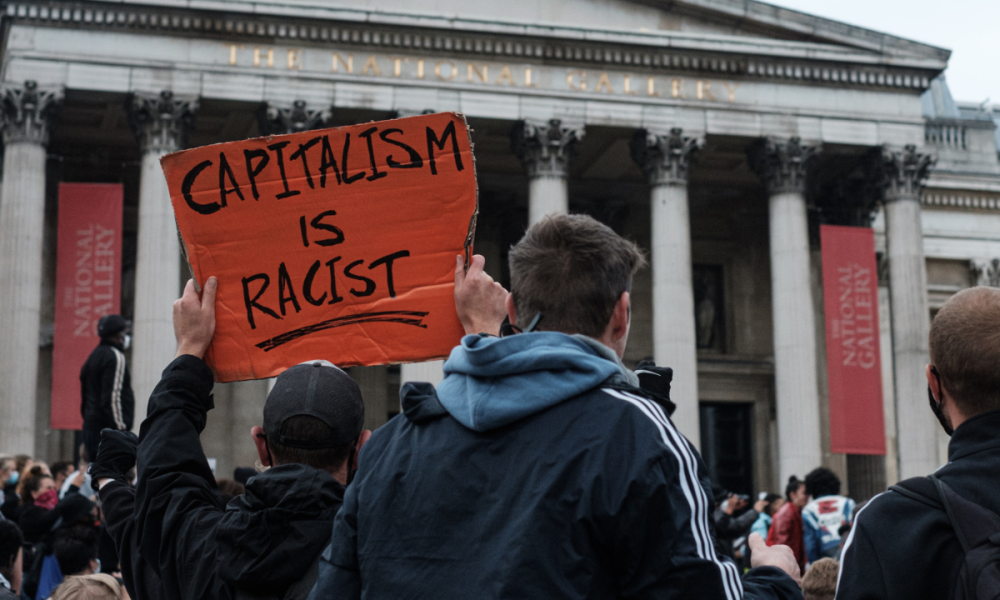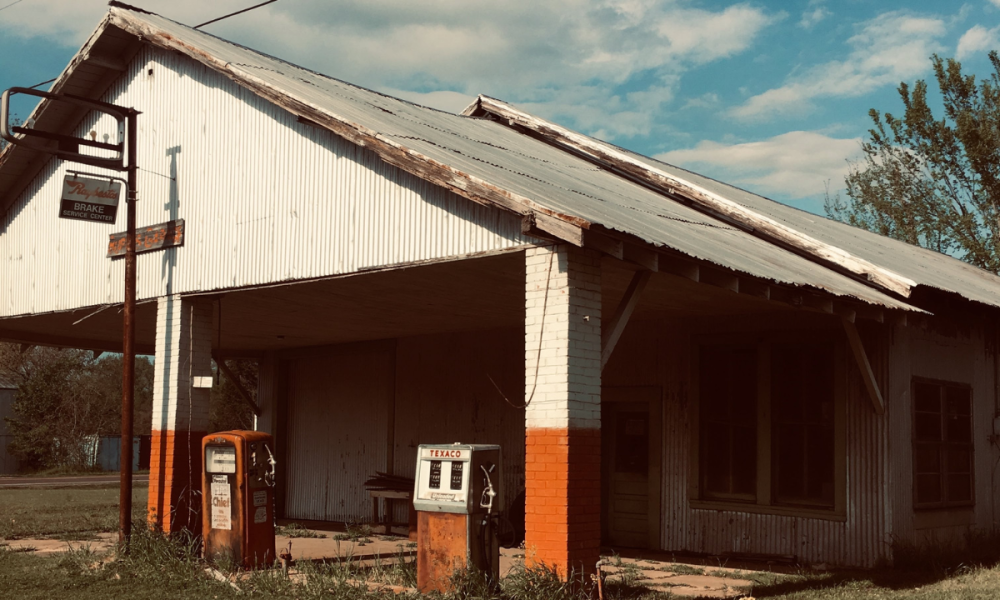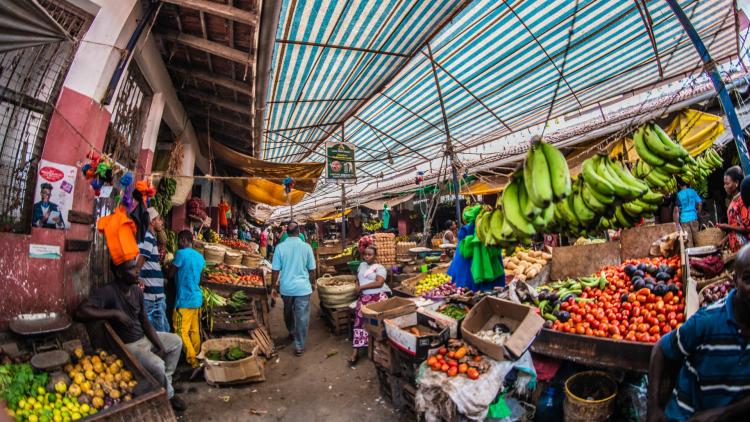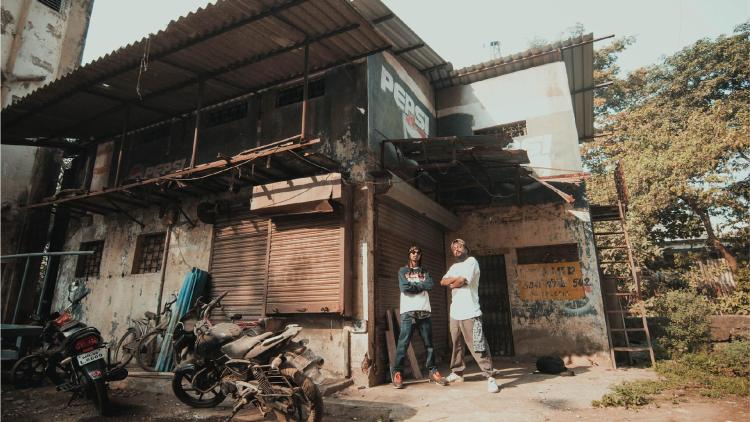The fossil fuel industry is built on inequality. It can never be decolonised


“Jesus Christ, I never thought I’d live to see the day when a Black woman had an office at Texaco” were the words Bari-Ellen Roberts heard when a white employee poked his head around her office door in 1994. Roberts had been subject to profound and prolonged discrimination during her years working for the Big Oil corporation. She filed a class action suit against Texaco when she was overlooked for a promotion and was then asked to train the white man who got the job, which resulted in the largest settlement to date in a corporate discrimination case. This outcome is by no means typical of oil industry norms. In contrast, the fossil fuel industry is best represented by how it profits from and is enabled by systemic racism.
Labour exploitation
Cedric Robinson deems all capitalism to be inherently racist, enabled through ideologies that allow for labour exploitation, sustain colonial processes and value profit over equity. A kind of ‘superexploitation’ from colonialism to Jim Crow to workforce rights. Bob Johnson, between his triggering and ‘crude’ analogy of fossil fuels and human slaves, concurs that the ‘technological servitude’ of fossil fuel referents a repressed ‘subaltern body and especially that of the captive black labor’; it’s etymology and history are interwoven. But beyond ideological rhetoric, the extractive industry affects people of colour and indigenous communities in profoundly real and tangible ways.
Payment according to passport
White supremacy within the oil industry is what Hannah Appel describes as part of the ‘licit life of capitalism’. The practice of subcontracting differentiates, categorises, and pays workers according to their nationality and consequently their race. In Appel’s research, workers are ‘paid according to [their] passport’, under a fallacy of hiring the best person for the job. One of her interlocutors describes the ‘price’ of 10 Filipino workers as equal to one American and recounts one Equatoguinean worker training a white South African on the job who then became his boss. Taking advantage of inequality is, as Paolo an Equatoguinean worker puts it, ‘the rules of the economy’.
Indigenous communities
White supremacy extends far beyond the corporate office and the oil rig, however. The fossil fuel industry depends upon inequality at the source of their extraction and their emissions. A most confronting form of environmental racism are ‘sacrifice zones’, in which Black, indigenous and other communities of colour are displaced and ‘plunged into a violent and multigenerational cycle of economic disinvestment’. Cepek’s study of the Cofán community necessarily complicates this by expressing the simultaneous ‘unknowable violence’ of oil in their community and their determination to maintain autonomous cultural identity. No one is exclusively a victim, but the disproportionate devastation of fossil fuel and the ensuing climate crisis is well documented.
Symbiotic relationship
Throughout its history, its extraction, its emissions and its infrastructure, the fossil fuel industry depends on embedded racism. It cannot be decolonised but must be dismantled for the sake of equality and sustainability. Bari-Ellen Roberts’ story provides a glimpse into fossil fuel and white supremacy’s symbiotic relationship. But the door is not locked; when you open it, a ‘licit’ system of violent exploitation based on racial hierarchy is revealed.
This blog was written as part of the core module ‘Anthropology of Sustainability' for the MA Anthropology of Global Futures and Sustainability.
About the author
Clare Coogan Cole studied MA Anthropology of Food and took part in the core module for MA Anthropology of Global Futures and Sustainability.




